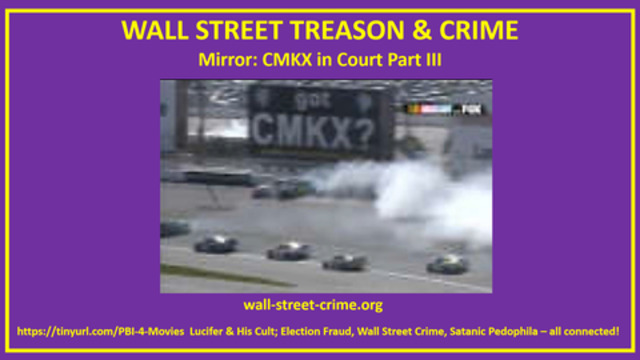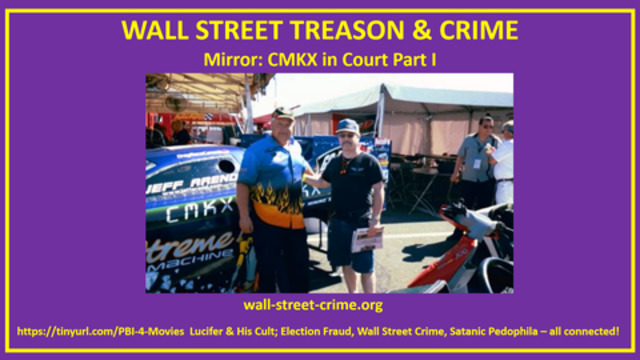Naked Short Selling Banned By EU
Global Custodian, 15 September 2010
European Regulators have issued new rules aimed at controlling naked short selling and derivatives trading. Naked short selling, where the investor sells shares short without confirming the availability of the stock, has been banned.
Investors will also be forced to disclose their short position in a firm to regulators if it exceeds 0.2%, and to the market as a whole if it crosses 0.5%. Investors will have to disclose short positions on sovereign bonds, even if the position was obtained using credit default swaps.
The ban on naked short selling by the European Commission will be enforced from July 2012 after approval from the European Parliament. Previously, the seller did not have to prove their ability to obtain the stock. According to todays proposal, in order to “to enter a short sale an investor must have borrowed the instruments concerned, entered into an agreement to borrow them, or have an arrangement with a third party to locate and reserve them for lending so that they are delivered by the settlement date [at the latest 4 days after the transaction].” Continue reading “Article: Naked Short Selling Banned By EU”



